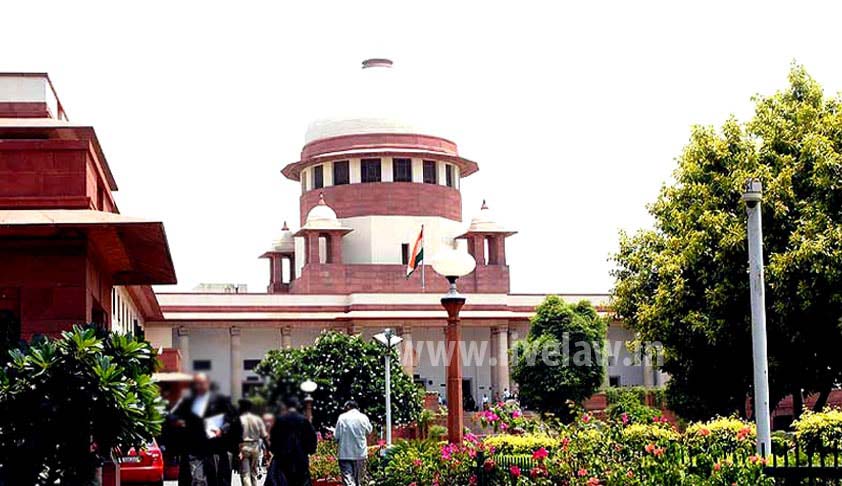- Home
- /
- Cover Story
- /
- SC’s Social Justice Bench scrapped
SC’s Social Justice Bench scrapped
Apoorva Mandhani
25 March 2016 9:04 PM IST
Chief Justice T.S. Thakur has scrapped the social justice bench, which was set up by his predecessor Justice H.L. Dattu in December, 2014. On enquiry about non-listing of matters, the CJI reportedly informed Senior Advocate Colin Gonsalves that the Bench no longer existed. The Bench was set up to deal specially with the matters relating to society and its members, to secure social justice, one...
Next Story



